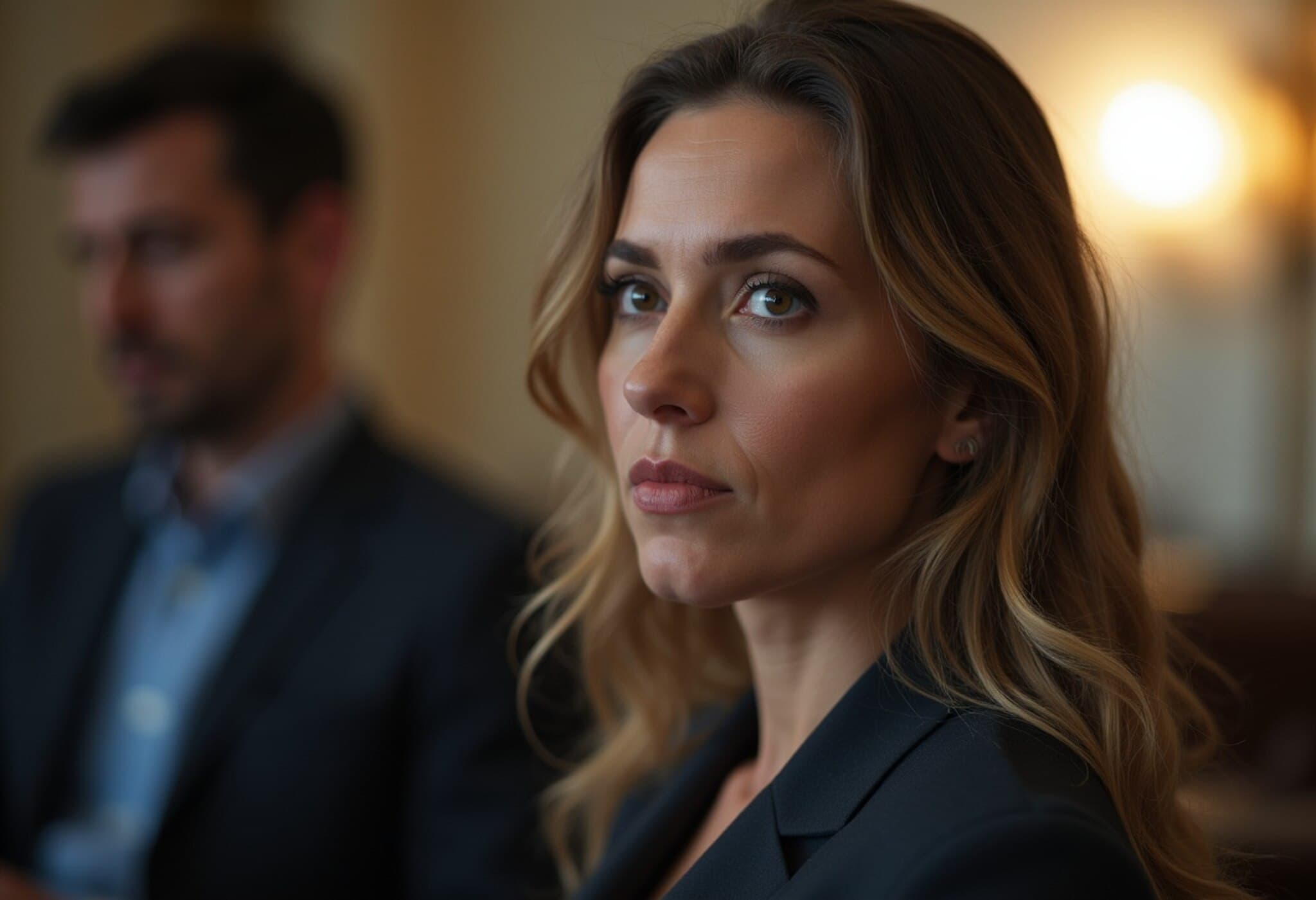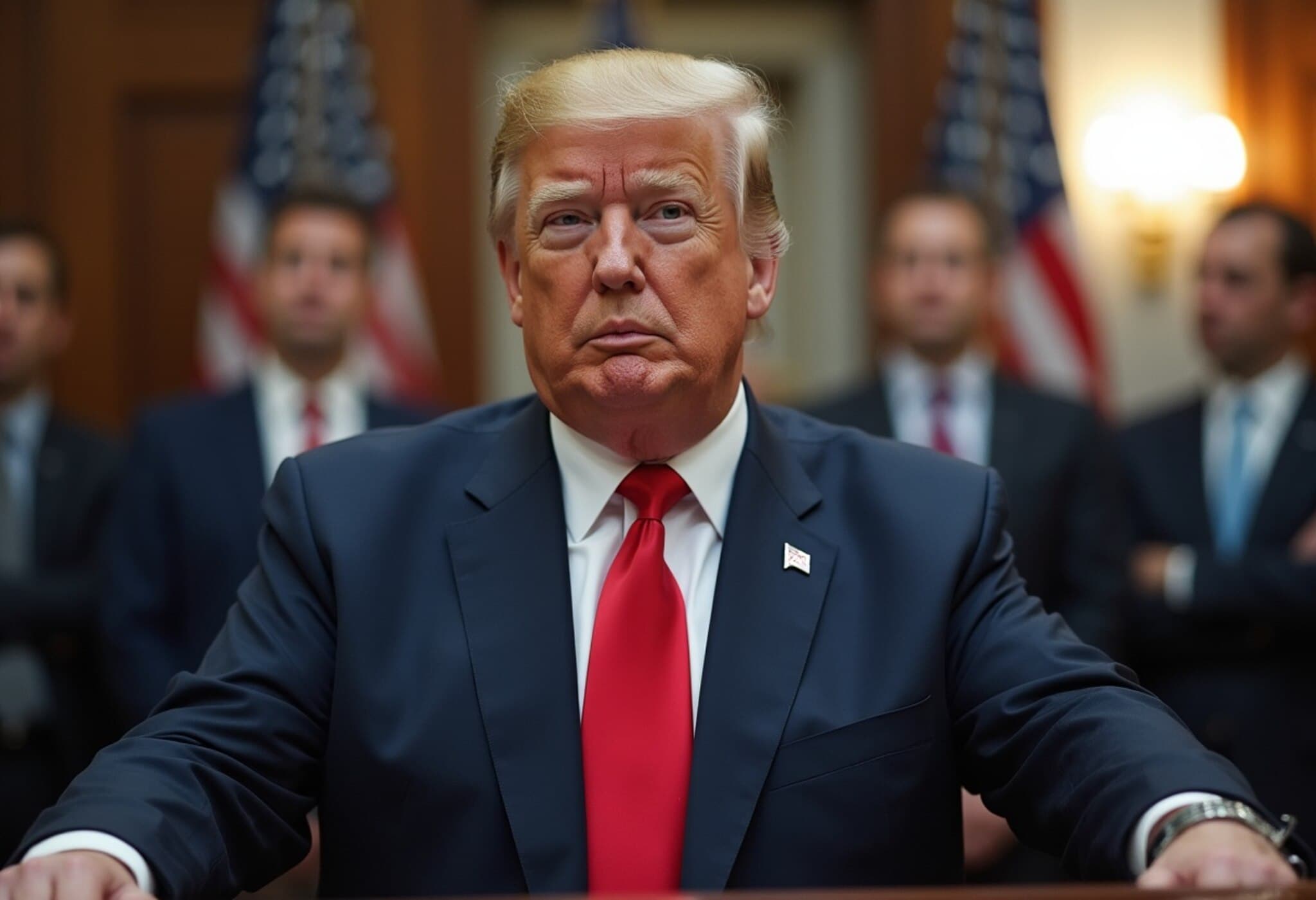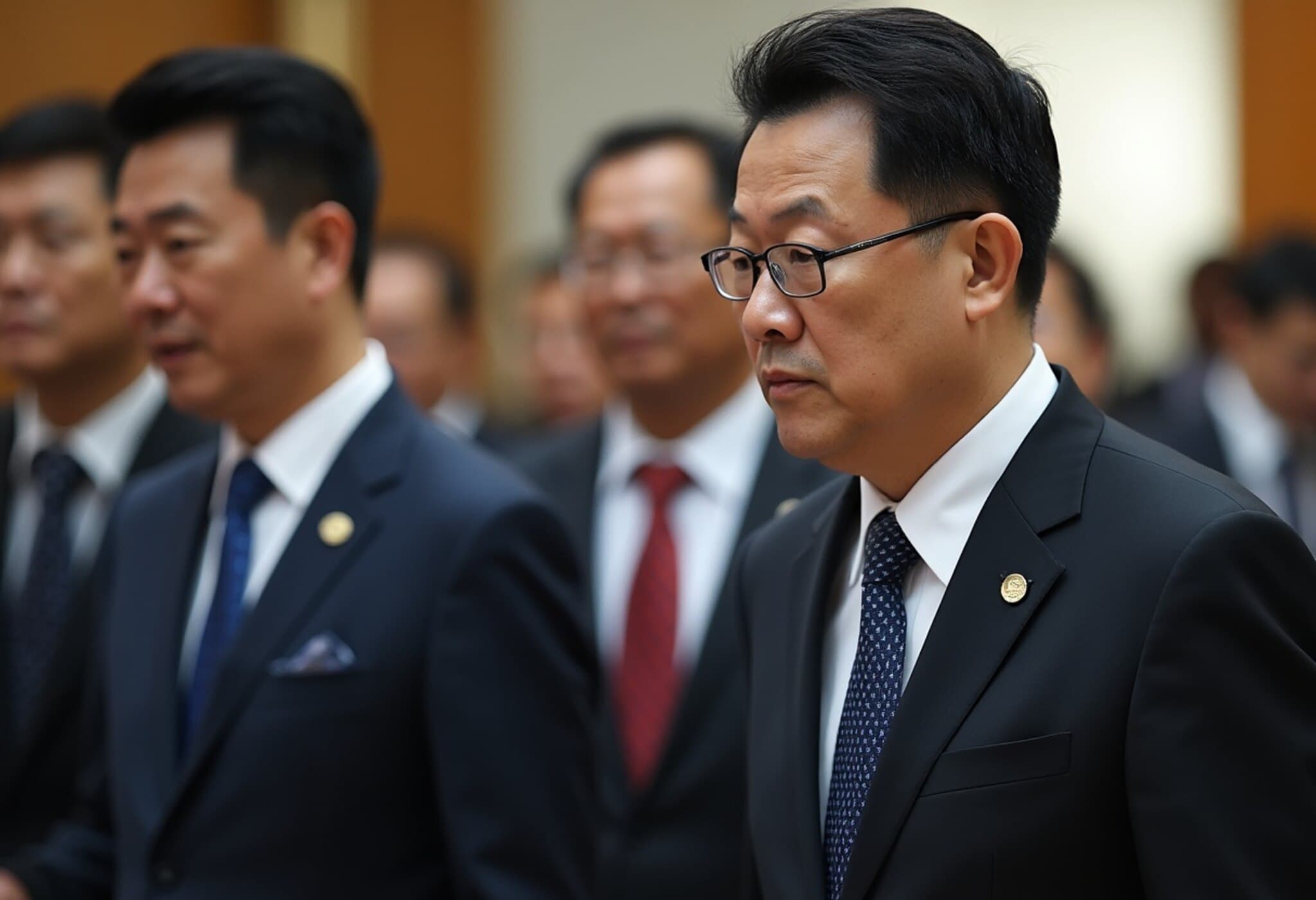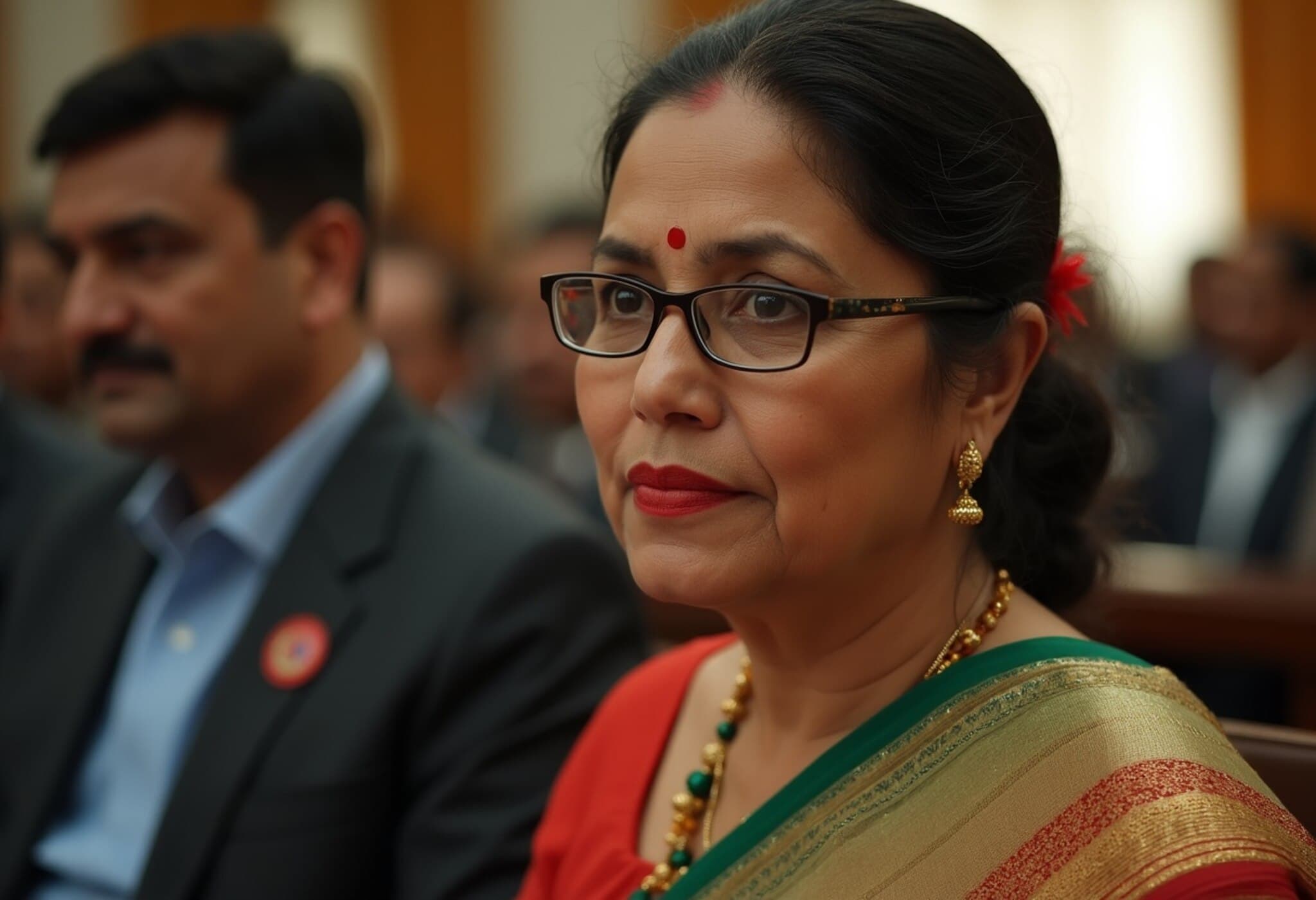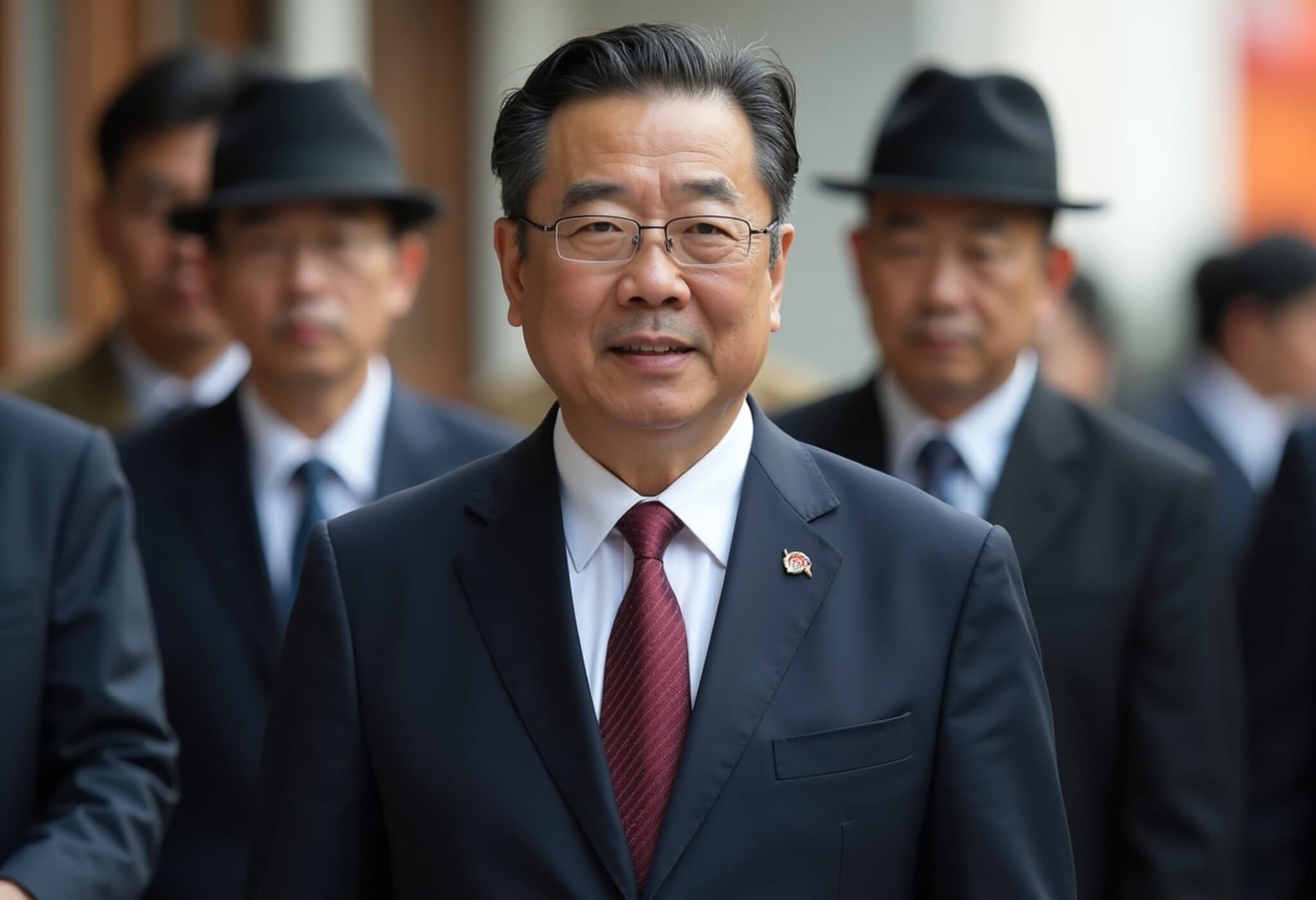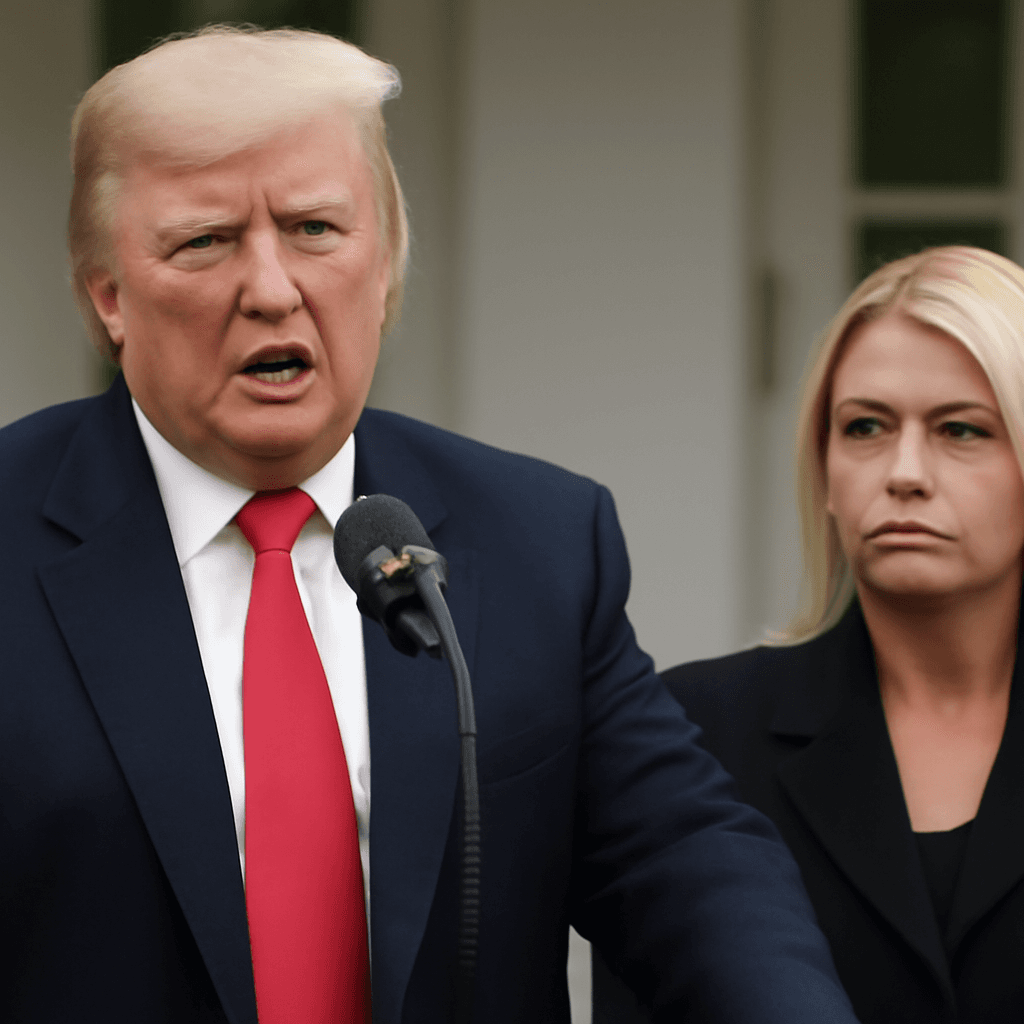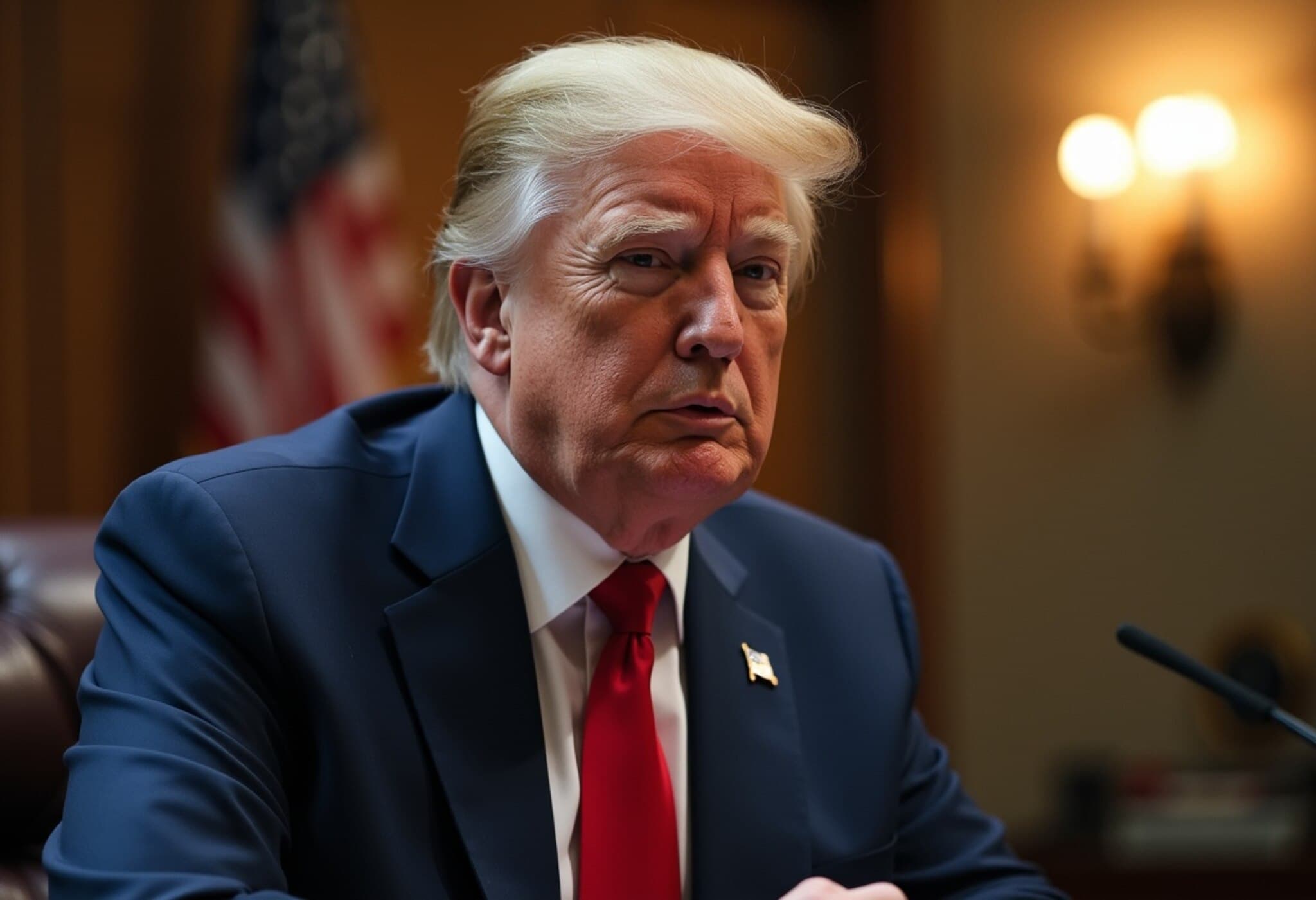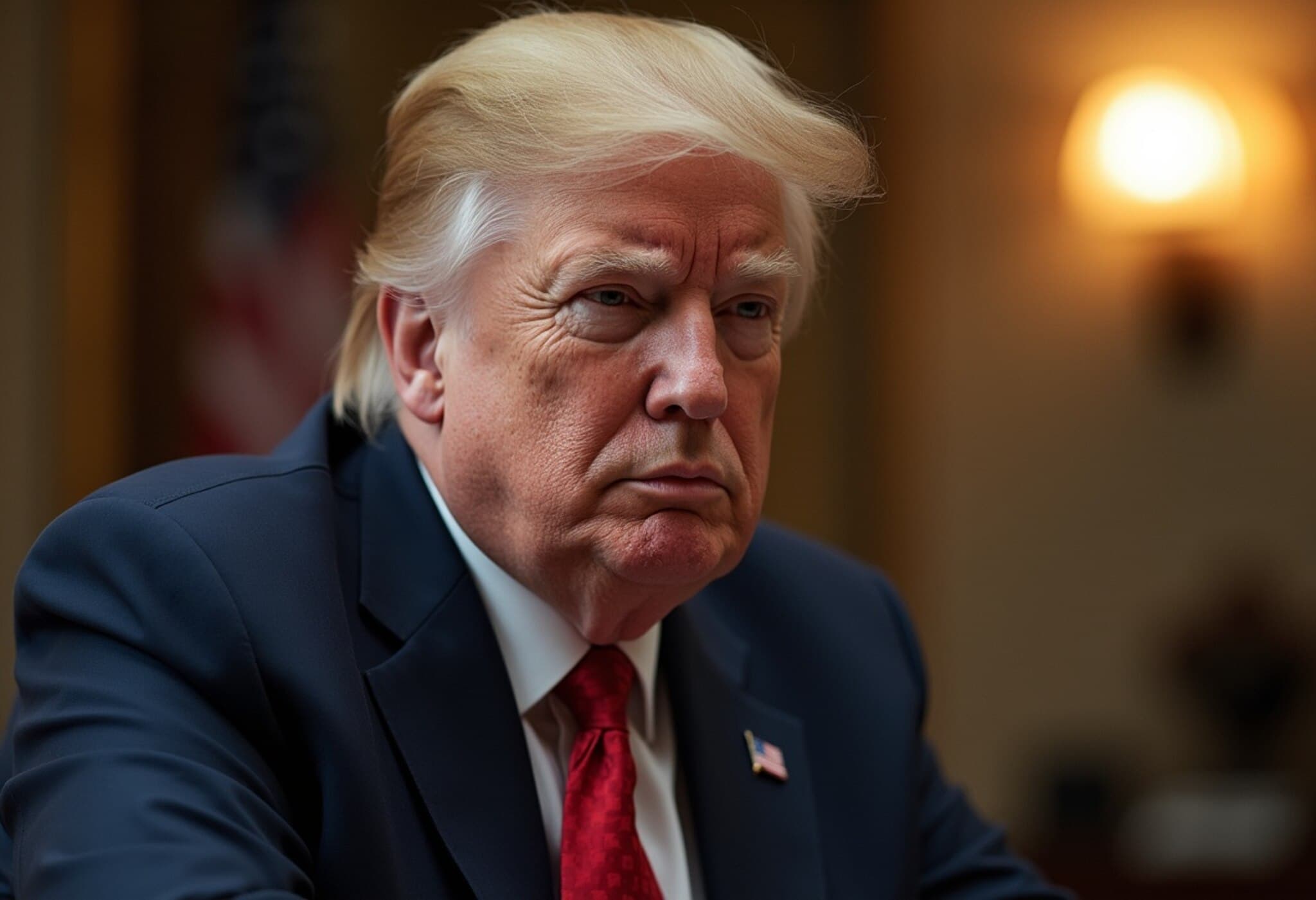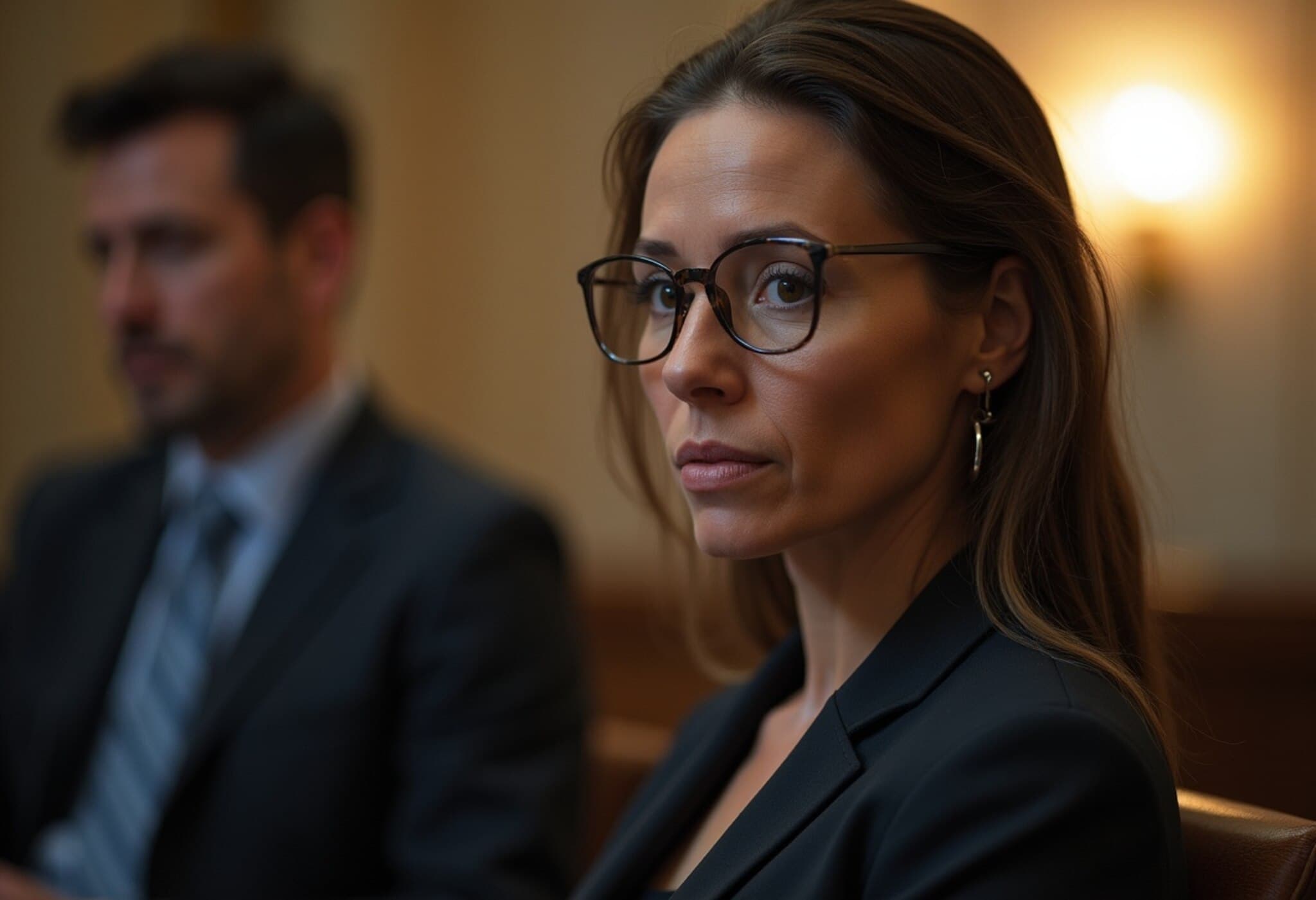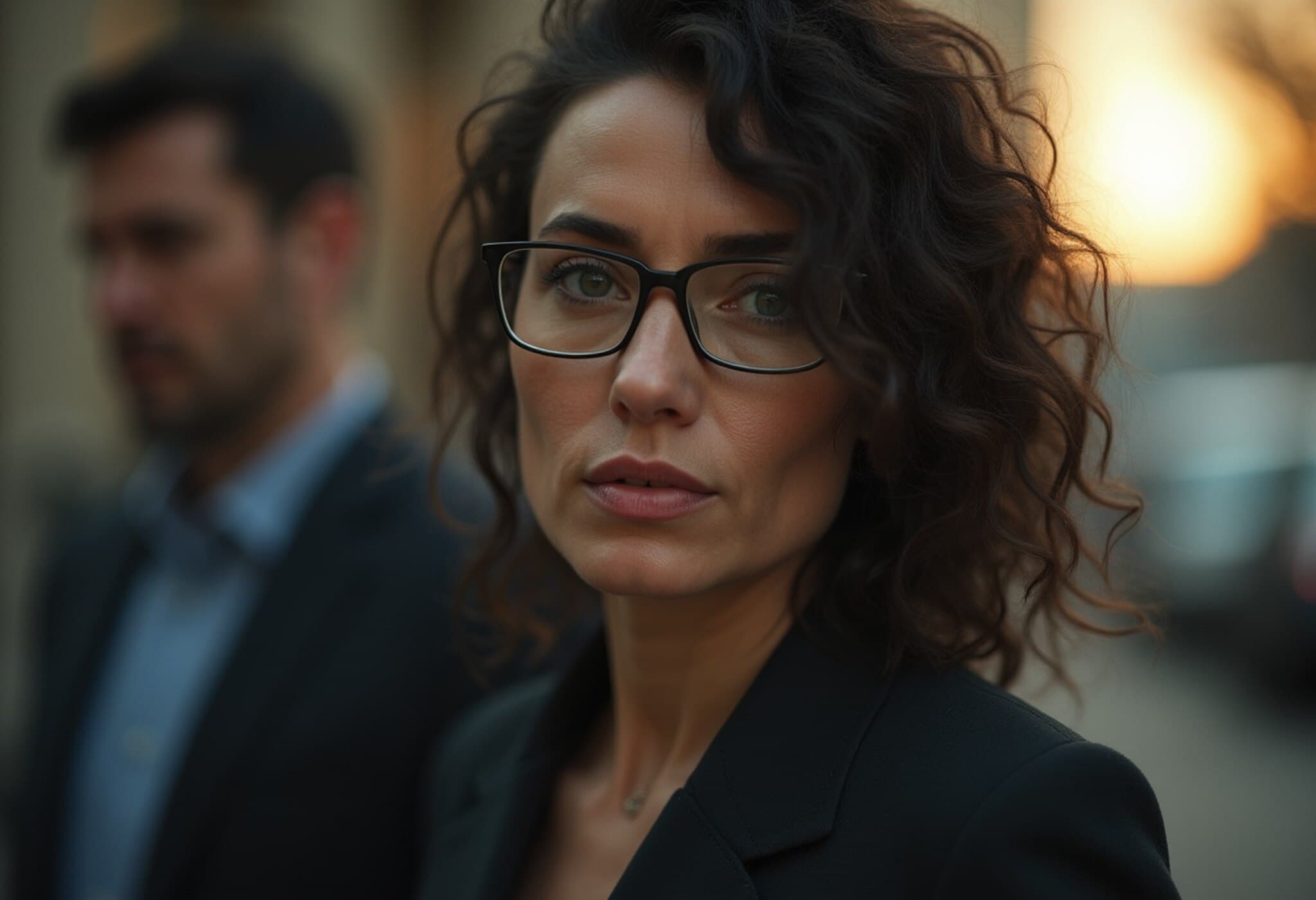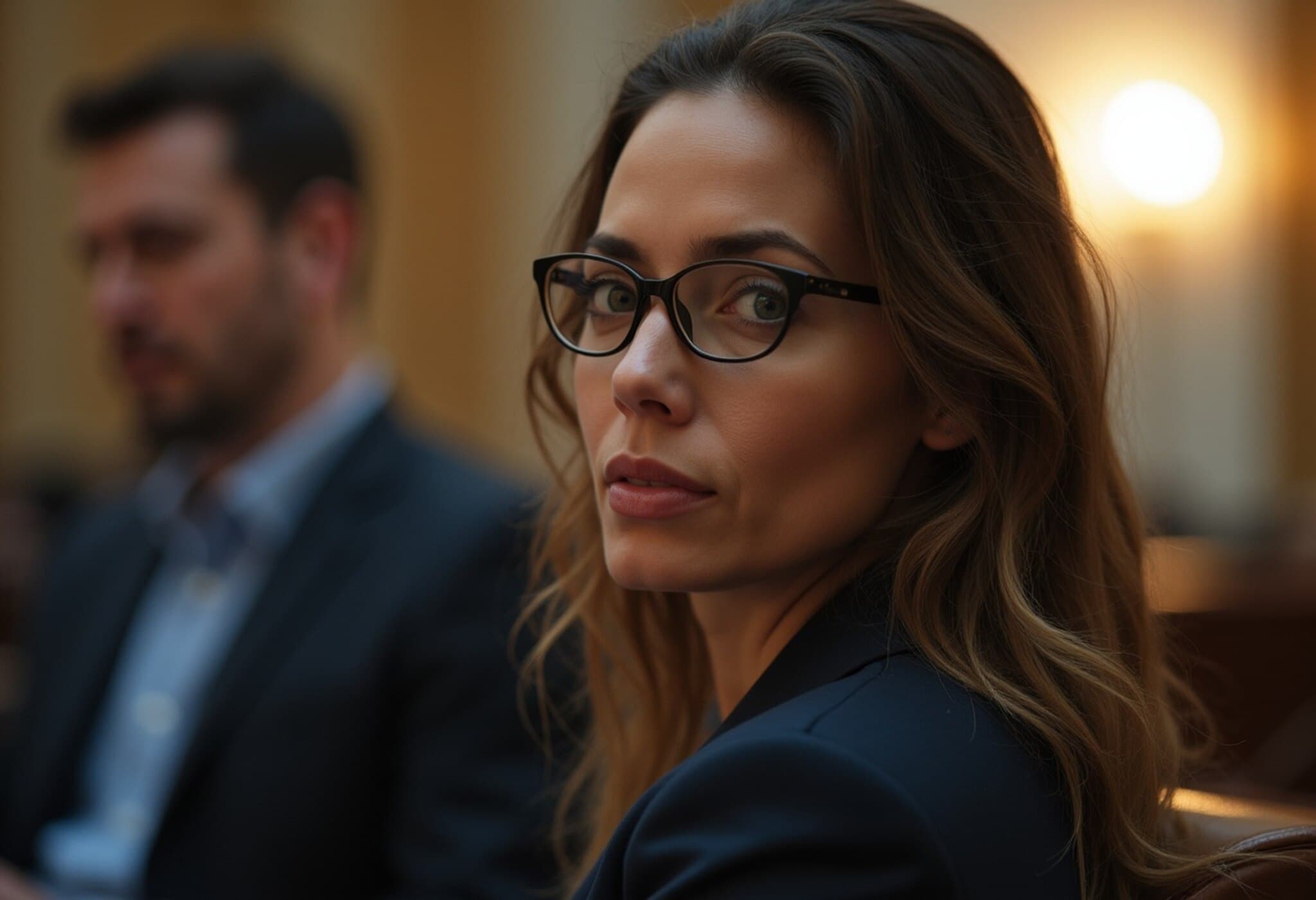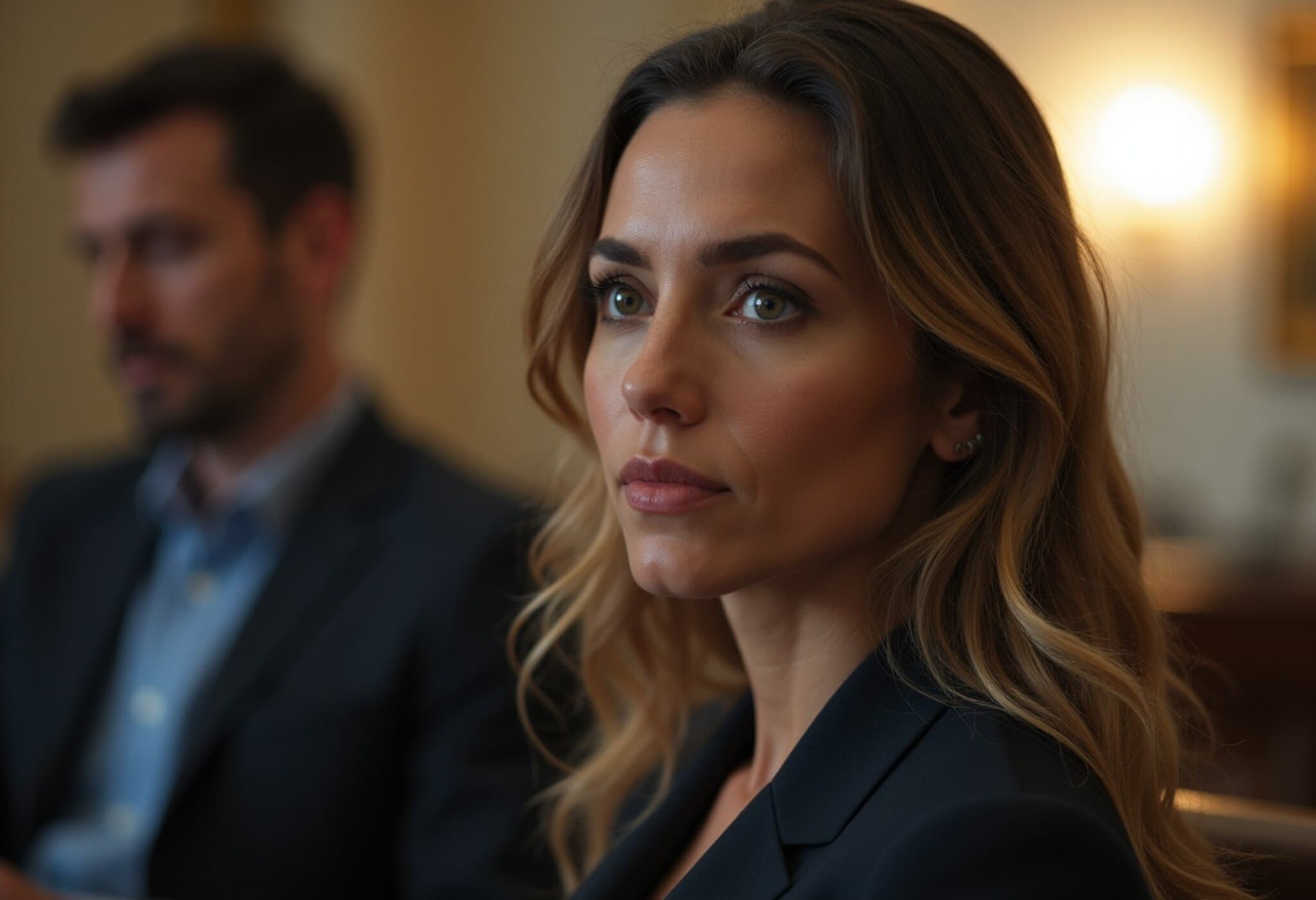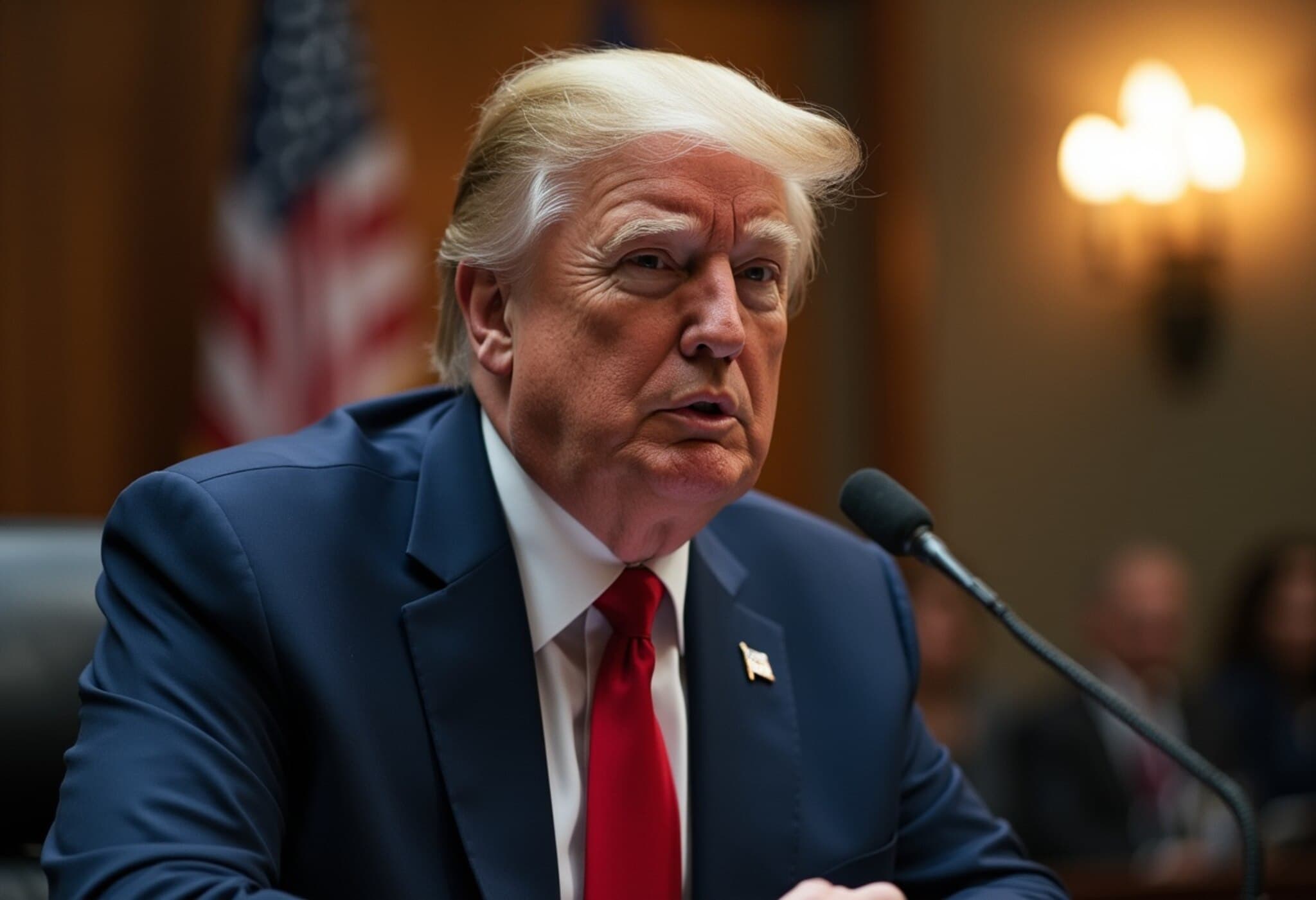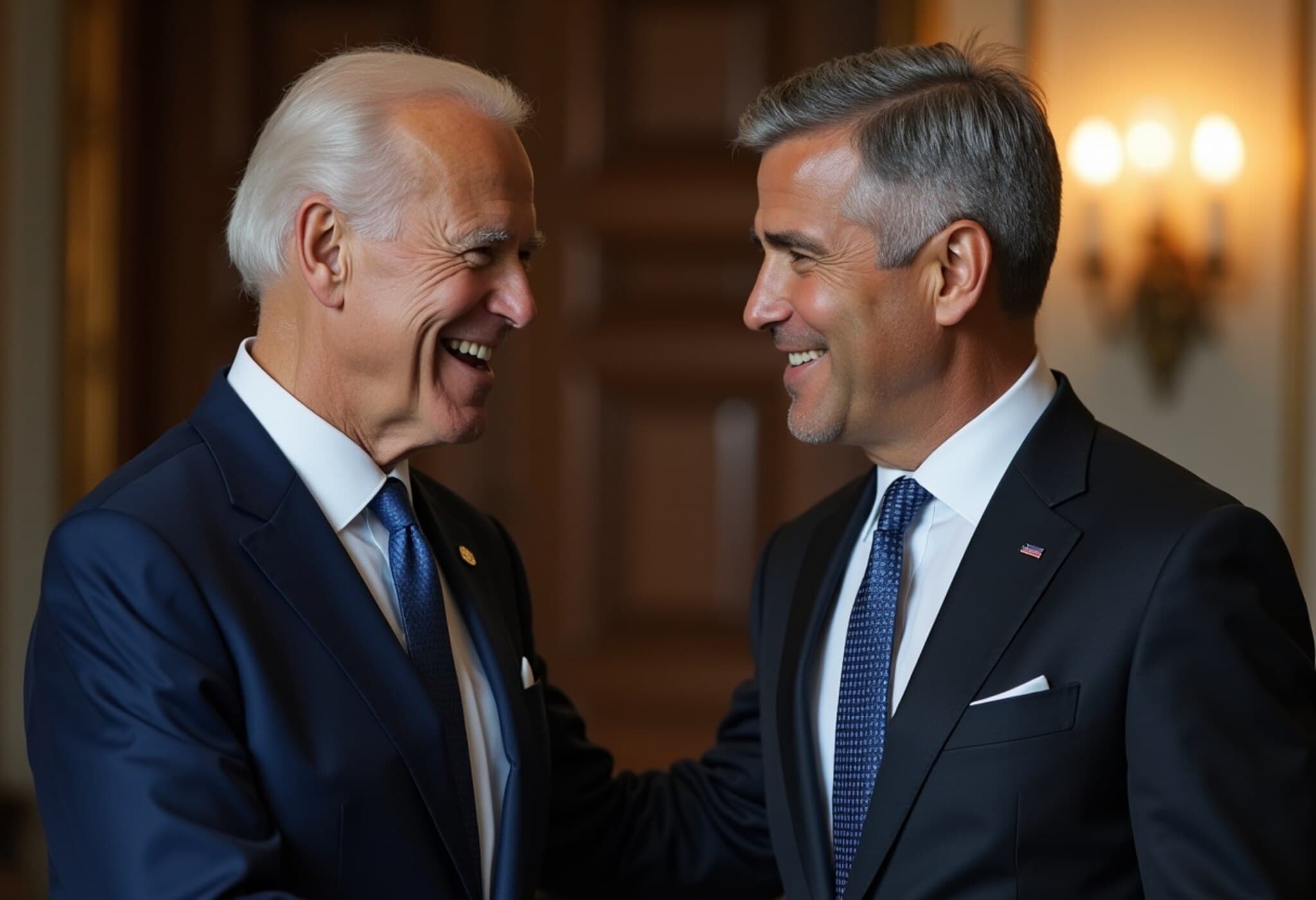Deputy Attorney General Seeks Maxwell’s Cooperation in Uncovering Further Epstein Abuses
In a significant development surrounding the Jeffrey Epstein saga, Deputy Attorney General Todd Blanche announced on July 22, 2025, that he intends to meet soon with Ghislaine Maxwell, the British socialite currently serving a 20-year prison sentence for her involvement in Epstein’s extensive sex trafficking operation. This meeting aims to probe whether Maxwell holds valuable information about other individuals potentially implicated in sexual abuse crimes.
Background: The Epstein-Maxwell Case and Public Controversy
Maxwell’s conviction in 2021 marked a pivotal moment in the pursuit of justice for survivors of Epstein’s trafficking ring, in which she was found guilty of grooming teenage girls for abuse. Epstein, a financier with high-profile connections including a past friendship with former President Donald Trump, died by suicide in a federal jail in 2019, just weeks after his arrest on child sex trafficking charges.
Recently, the Department of Justice (DOJ) has faced scrutiny and criticism over its handling and limited disclosure of investigative files related to Epstein and Maxwell. Critics, including some members of Congress and advocacy groups for trafficking victims, have called for greater transparency to ensure comprehensive accountability.
Deputy Attorney General’s Announcement and Political Context
Deputy Attorney General Blanche’s statement, posted on X (formerly Twitter) and amplified by Attorney General Pam Bondi, signals a renewed commitment within the DOJ to pursue leads that might unveil other perpetrators linked to Epstein’s network. Blanche emphasized, "If Ghislaine Maxwell has information about anyone who has committed crimes against victims, the FBI and the DOJ will hear what she has to say."
This public move comes amid President Trump’s dismissive remarks regarding demands for full file releases, labeling the controversy as a politically motivated “hoax” by Democrats. Despite the political rhetoric, Blanche’s outreach to Maxwell’s legal team suggests an openness from the current administration to revisit the case in a more transparent manner.
Possible Implications and Expert Insight
Experts caution that Maxwell’s willingness to cooperate could hinge on considerations related to sentence reductions or protective agreements. David Oscar Marcus, Maxwell’s attorney, confirmed ongoing discussions with the government and underscored Maxwell’s commitment to truthful testimony.
From a legal and policy perspective, this development underscores the complex balance between prosecutorial strategy and victim advocacy in high-profile trafficking cases. Transparency and thorough investigations are critical not only for justice but also for restoring public trust in the criminal justice system’s handling of such sensitive matters.
Key Points to Watch
- Whether Maxwell cooperates fully and what new evidence or leads emerge as a result.
- The DOJ’s approach to releasing investigative files and reconciling political pressures with legal obligations.
- How this renewed focus might impact broader discussions on trafficking legislation and victim support in the U.S.
Looking Ahead: DOJ’s Commitment to Justice
Blanche’s declaration that no previous DOJ administration had attempted to solicit Maxwell’s cooperation signals a potential turning point. He reassured the public that the Department does not shy away from uncomfortable truths, reaffirming a July 6 joint DOJ-FBI statement that no evidence was found warranting investigation of uncharged third parties based on FBI’s review to date.
However, the evolving nature of this story and the announcement of an imminent meeting invite close scrutiny from journalists, legal analysts, and advocacy groups alike.
Editor’s Note
The renewed willingness of the DOJ to engage directly with Ghislaine Maxwell raises critical questions about the completeness of prior investigations and the obstacles to transparency in politically sensitive cases. As this story develops, readers should consider the broader implications for how the justice system navigates cases involving powerful individuals and the mechanisms needed to ensure victim-centric resolutions.

